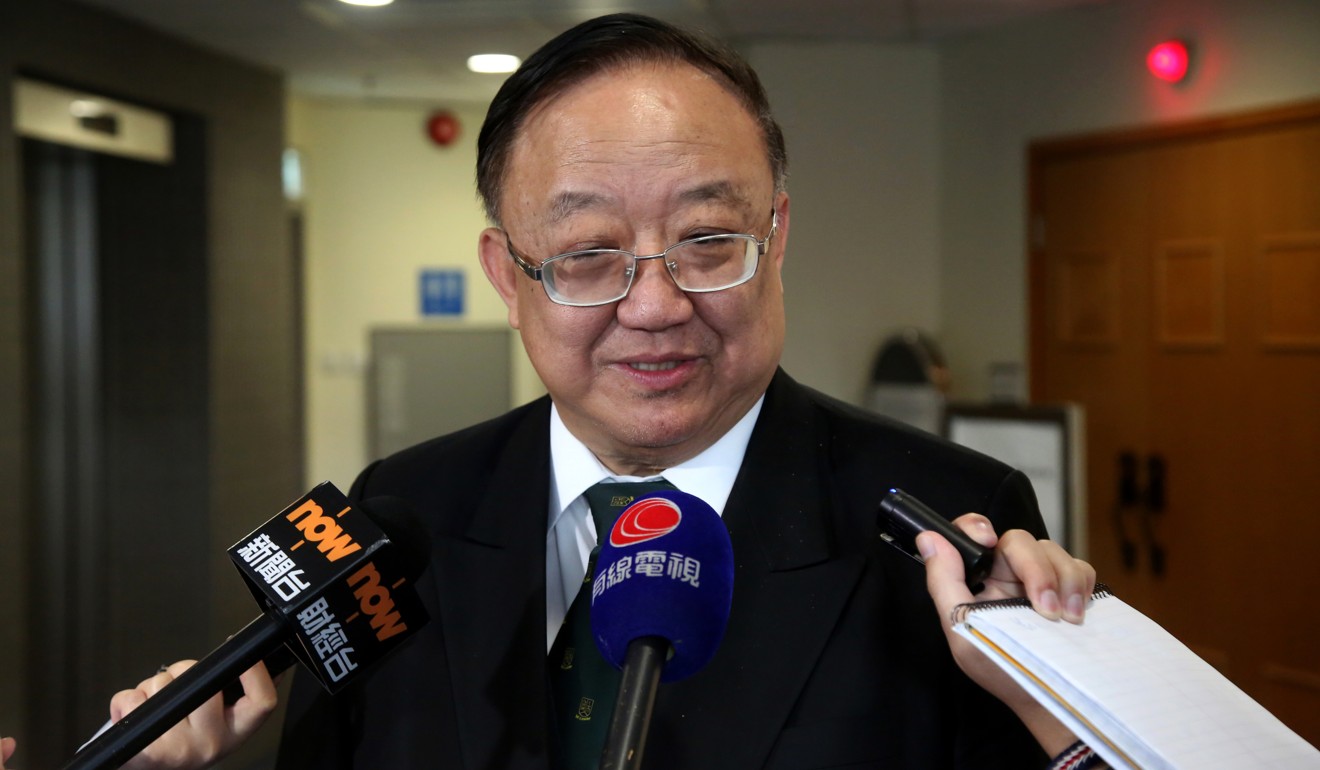
Hong Kong doctors set for crunch meeting in preparation for second push to lure more foreign doctors to local public hospitals
- Medical Association, Public Doctors’ Association and Frontline Doctors’ Union to gather for discussion on how to vote after four proposals were rejected last week
Hong Kong’s major professional doctors’ groups will meet on Friday night to choose from several options as part of a second attempt to push through plans to lure more foreign physicians for struggling public hospitals.
The city’s medical watchdog last Wednesday torpedoed proposals to fully exempt foreign-trained doctors from an internship requirement to attract practitioners trained overseas amid a crippling staff shortage.
But it will vote again on May 8 after the 32-member Medical Council faced a barrage of criticism for failing to pass any of the four proposals placed in front of it.
Council member and chairman of Hong Kong Patients’ Voices Alex Lam Chi-yau said a number of associations would meet on Friday evening to discuss which proposal to support and how to vote.

“The Medical Council is a statutory body and making a decision on voting is a responsible attitude to take,” Lam, who will not himself attend, told a radio show on Friday morning. “I hope the meeting tonight will reach an initial consensus.”
Medical Council chief calls for open vote on foreign-trained doctors
It was understood that representatives from the Medical Association, Public Doctors’ Association and Frontline Doctors’ Union would be there.
The council’s vote last week was conducted by a secret ballot, which some members blamed for the failure to pass any of the plans. Council chairman Professor Joseph Lau Wan-yee hinted afterwards that some doctors were playing politics after not voting as they had publicly indicated.
On Thursday, he called for an open ballot on May 8.
“Everyone needs to be held responsible for their vote,” Lau said.

Hong Kong’s public hospitals are collectively short of about 350 doctors, according to their managing authority. A local think tank on Wednesday estimated the city needed 11,000 more to bring its public health services up to par with international standards.
Council rules state a ballot is not allowed on any resolution voted on in the past six months. But in a statement on Wednesday, Lau said he would propose a special suspension of that rule at its next meeting to address the doctor shortage. Two-thirds of the council supported the idea, he believed.
More staff must be what doctors ordered
On Friday, Lau added fresh proposals could be floated for the May 8 ballot but he would make sure in advance the council agreed on at least one.
“In the first round of voting, if there are five proposals and none secure at least half of the vote, the proposal with the fewest votes will be eliminated. There will then be more rounds of voting ... until one proposal manages to get half,” he said.
The council’s rejection last week of the previous four plans has been criticised by medical professionals and politicians. The city’s health minister expressed disappointment. Pro-establishment lawmakers on Thursday suggested the government revoke some of the council’s powers.
Lau said the legislature instead was able to propose reforms to recruit more foreign doctors.
“I have heard and agree with the lawmakers’ argument that our professional autonomy should not override the public interest. I agree that we need to find a balance,” he said.
One of the four rejected proposals would have required foreign-trained doctors to acquire three years of work experience with the Hospital Authority, the Department of Health or one of the city’s two medical schools, as well as pass Hong Kong’s licensing exam.
Another required doctors to work at facilities under those public institutions for three years after taking the exam.
The other two laid out similar requirements on time spent in the public sector, but limited it to working under the authority, which manages all of the city’s public hospitals.

